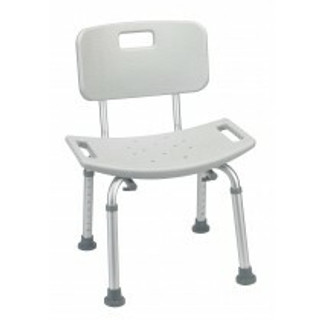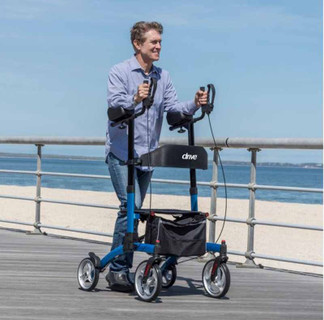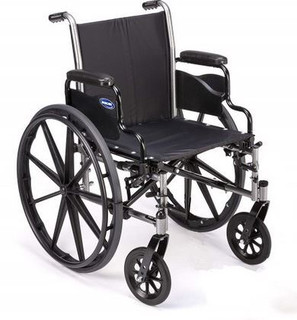Preparing Seniors for Travel: A Complete Guide
Traveling is one of life’s greatest joys, and age should never be a barrier to exploration. For seniors, traveling comes with unique considerations, but with thoughtful preparation, it can be a seamless and enriching experience. Here’s a detailed guide to help older travelers plan their next adventure.
1. Choosing the Right Destination
Selecting a destination tailored to your needs and interests is key to a comfortable and enjoyable trip.
- Accessibility: Look for destinations with well-maintained roads, accessible public transport, and senior-friendly accommodations with elevators and ramps. Research beforehand to ensure attractions are wheelchair-accessible if needed.
- Climate: Mild climates are often more comfortable. Avoid places with extreme heat, cold, or high humidity, especially if you have health concerns.
- Interests: Choose destinations offering activities suited to your energy and mobility levels. Coastal cruises, cultural heritage sites, or national parks with scenic drives can be excellent options.
2. Health & Safety Considerations
Good health preparation can save a trip from unnecessary stress.
- Pre-Trip Doctor Visit: Schedule a checkup before traveling. Discuss your destination, planned activities, and get advice on managing pre-existing conditions while away.
- Medications: Pack all necessary medications and extras in case of delays. Use a pill organizer to keep track of daily doses, and bring written prescriptions for international travel.
- Travel Insurance: Invest in a comprehensive policy that covers medical emergencies, evacuation, and trip interruptions. Double-check that it applies to your destination.
3. Packing Essentials
A well-thought-out packing strategy ensures you’re ready for anything.
- Clothing: Pack lightweight, breathable layers that are easy to put on and remove. Include comfortable walking shoes and weather-appropriate outerwear.
- Travel Aids: If you use mobility devices, make sure they’re portable and airline-approved. Consider folding canes, lightweight wheelchairs, or inflatable seat cushions.
- Important Documents: Keep copies of your passport, ID, travel insurance, and emergency contact information in multiple places, including digitally.
- Comfort Items: Bring items like neck pillows, noise-canceling headphones, or eye masks for added comfort during long journeys.
4. Booking Travel Arrangements
Smart planning can make the journey smoother and less tiring.
- Flights: Whenever possible, book direct flights to avoid layovers. Opt for aisle seats to allow for easy movement.
- Accommodations: Check for hotels with senior-friendly amenities like elevators, ground-floor rooms, or shower grab bars. Call ahead to confirm these features.
- Transportation: Arrange airport transfers or rides in advance to avoid last-minute stress. Accessible ride services or private shuttles can simplify mobility.
5. In-Transit Tips
Travel days can be long, but a few adjustments can make them more manageable.
- Stay Hydrated: Airplane cabins can be dehydrating. Carry a reusable water bottle to refill after security checks.
- Movement: Stretch or walk every hour during flights to improve circulation. Compression socks can also help prevent swelling or deep vein thrombosis (DVT).
- Snacks: Pack healthy, non-perishable snacks like nuts, granola bars, or dried fruit to keep energy levels up.
6. Staying Connected
Being connected while traveling is essential for safety and peace of mind.
- Emergency Contacts: Share your travel itinerary with a trusted family member or friend. Include hotel details, flight information, and emergency numbers.
- Technology: Travel-friendly devices like smartphones, tablets, or GPS systems can assist with navigation, communication, and emergency needs.
- Local Resources: Research local hospitals, pharmacies, or consulates near your destination in case of emergencies.
7. Maximizing Enjoyment
The goal is to enjoy the journey at your own pace, so tailor your itinerary to your comfort.
- Pace Yourself: Avoid overpacking your schedule. Leave time for rest and recovery between activities, especially on longer trips.
- Flexible Itineraries: Choose activities that don’t require strict timing, like museums, scenic drives, or leisurely strolls.
- Group Tours: Senior-focused travel groups often offer curated experiences, including transportation and accommodations tailored to older adults.
8. Resources for Senior Travelers
Leverage the many tools and programs designed to make travel easier for seniors.
- Travel Agencies: Look for agencies specializing in senior travel packages. They can handle logistics and cater to specific needs.
- Discount Programs: Many airlines, hotels, and attractions offer senior discounts. Check eligibility and book directly to apply these savings.
- Online Resources: Use apps for language translation, currency conversion, or booking services. Forums and travel blogs also provide valuable tips from seasoned travelers.
Conclusion
Traveling as a senior can be a deeply fulfilling experience, providing opportunities to see the world and create cherished memories. By planning carefully, packing smartly, and prioritizing comfort and safety, you can ensure your journey is as enjoyable as possible. The world is full of adventures waiting to be discovered—start planning your next one today!
When your senior loved one travels you'll need to best in medical supplies to be prepared for any situation. SafeWell Medical Supply has everything you need from bathroom and incontinence products to mobility aids. We ship quickly and for free too! Click on the link or our logo to be directed to our online store to see all that we have to offer.



















